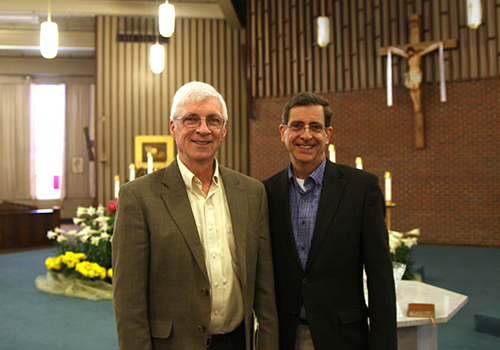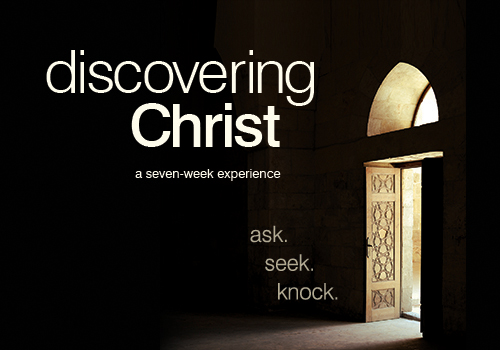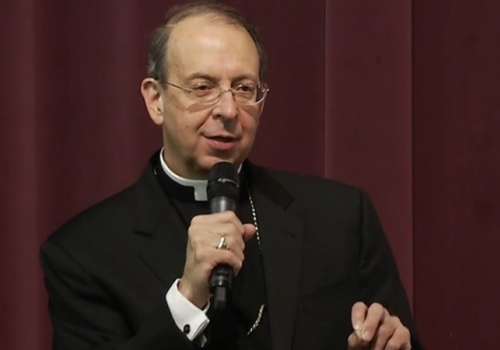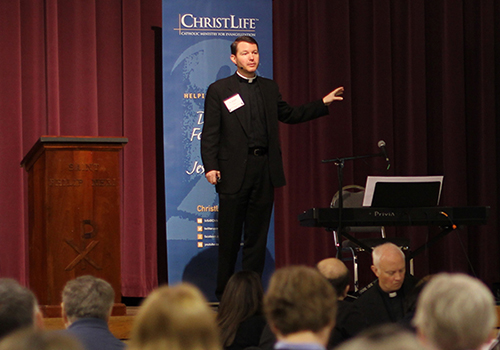October 27, 2021
New Book Highlights Evangelization Strategies for Our Times
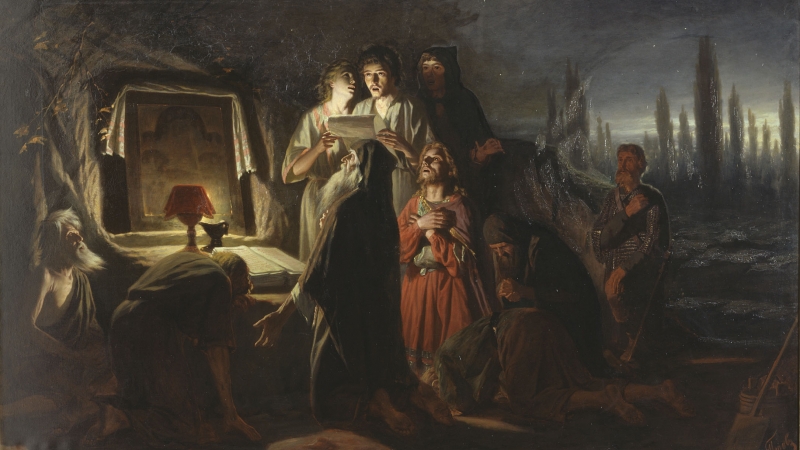
by: Michael Dugan
In his book From Christendom to Apostolic Mission, Msgr. James Shea gives a brilliant analysis of the state of our culture and the Church’s mission of evangelization in our times. Echoing recent popes’ calls to a “new evangelization”, the author explains how our pastoral strategies will be woefully ineffective if we continue in a “Christendom” age mindset, when in truth we are in a new Apostolic age.
Msgr. Shea begins by defining Christendom culture as a culture which primarily views the world through the lens of the Church, even if not everyone is a perfect Christian. It is a world in which Christianity is the dominant mindset but most people do not critically evaluate this mindset, content to simply drift along in its current. He does not mean to say that this is a perfect culture by any means - most people in this sort of culture are only nominally Christian, not living as Christians, but so steeped in the worldview that they don’t even think to call themselves anything but Christian. Pastoral ministry in this culture is usually defined by a call to deeper faith and going deeper in relationship with God.
If we do not recognize that the culture is changing, then the efforts of the Church to bring people closer to God will be ineffective and fruitless.
This acknowledgment that we have moved away from a Christendom culture is not a lament for the past, but a statement of how to best move forward as a Church. If we do not recognize that the culture is changing, then the efforts of the Church to bring people closer to God will be ineffective and fruitless. In order to bring as many people as possible into the love of the Lord, we must realize that our culture is shifting - and so too must our efforts at evangelization. Our efforts cannot stay the same while the world turns.
Shea says that we are in a new age of the Church, an Apostolic age. He also says that this is an apostolic age unlike that experienced by the early Church, which is why the Popes have been calling for a “new” evangelization, not just evangelization.
What is new about this? In the early years of the Church, the followers of Christ were preaching to people who had never known the love of Christ, people who had never been Christian or heard the name of Jesus. Today, we are called to bring the faith to a culture that was once Christian, but for years has been distancing itself from its Christian basis. We are called to rekindle the faith in people who already have their own ideas about Christianity, Jesus, and the Church. C.S. Lewis describes the difference between preaching to someone who doesn’t know Jesus and someone who used to be Christian as the difference “between a man wooing a young maiden and a man winning a cynical divorcee back to her previous marriage”(2-3).
The situation would seem bleak, but they were filled with the Holy Spirit and knew that all they needed to do was trust in the Lord.
Msgr. Shea goes on to outline some advantages and disadvantages of both the Christendom and Apostolic ages, and then explains why he believes we are in the birth of a new Apostolic age of the Church. He says that we need to adjust our expectations to this new age by considering the Apostles after they had been filled with the Holy Spirit. The Lord had just commissioned them to spread the gospel to all nations, but if you took inventory of their resources, it seemed to be woefully inadequate. They had eleven bishops and no other clergy, no deacons, no trained theologians, no seminaries or seminarians, only a few hundred other believers, no Church buildings, no written Gospels yet, very little money, and the attitude of the society to the faith was ignorant at best, and hostile at worst. The situation would seem bleak, but they were filled with the Holy Spirit and knew that all they needed to do was trust in the Lord. “The Church in an apostolic time needs to have the same confidence in the power and goodness of the message she bears, in its life-changing potency, in the Church’s power of regeneration and growth” (37).
In the last section, he calls Christians to a fresh take on their view of the story of the Gospel, framing it not as a mundane history, but rather as the epic tale that it truly is. Often when we discuss the Church, people’s minds go to the human institutions that we see regularly, but Msgr. Shea calls us to recognize the invisible reality that is part of our Church. His description of the faith as an epic story helps us to recall the glory and beauty of our faith, and that “the greatest adventure stories ever written are only echoes of it, pale shadows of what the lowliest human is in truth undergoing” (70).
Overall Shea’s book is an insightful and moving resource for Catholic leaders to apply in advancing the Church’s mission in schools, parishes, and other institutions. While the book is both short and written in an accessible way, it is more for the intellectually inclined than your average layperson. Much of Shea’s solution, which is no surprise for a university president, lies in forming Catholics, especially clergy and ministry leaders, in a fully biblical and Catholic worldview.
“In a particular way, those in positions of influence and authority need to be convinced that Christ is the answer to every human ill, the solution to every human problem, the only hope for a dying race. They need to be convinced of the bad news: that the human race has by its own rebellion brought a curse upon itself and has sold itself into slavery to the prince of darkness, and there is nothing we can do under our own power to save ourselves. At the same time, they need to be equally convinced of the Good News: that God in his mercy has come among us to set us free from our sins and from slavery to the devil, and for those who turn to their true allegiance, the nightmare of life apart from God can be transformed into a dawn of eternal hope” (37).
Helping all Catholics to understand and personally respond to the kerygma that Shea shares so eloquently is a central theme of the book, especially for all of us involved in the ministry of ChristLife. The book affirms the urgent need to evangelize and would make for a great discussion guide for parish and ministry leaders concerned about evangelization.
May all of us prove to be, in the final words of the book, “faithful stewards in our generation of the saving message and liberating life given us by Jesus Christ” (90).
Image Credit: Vasily Perov, First Christians in Kiev. 1880. Public domain.


